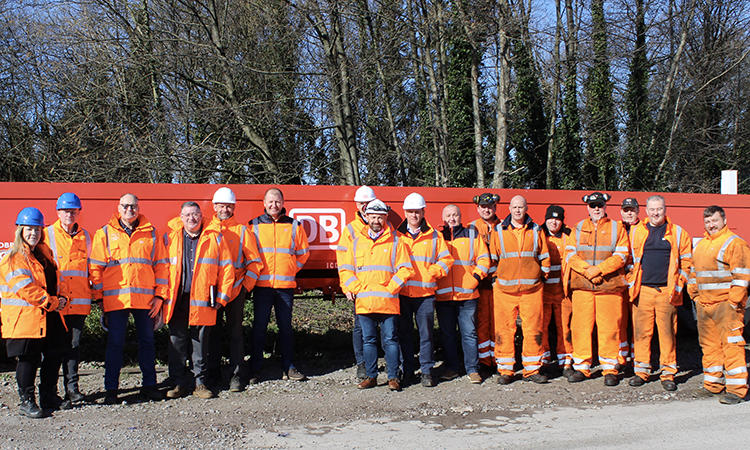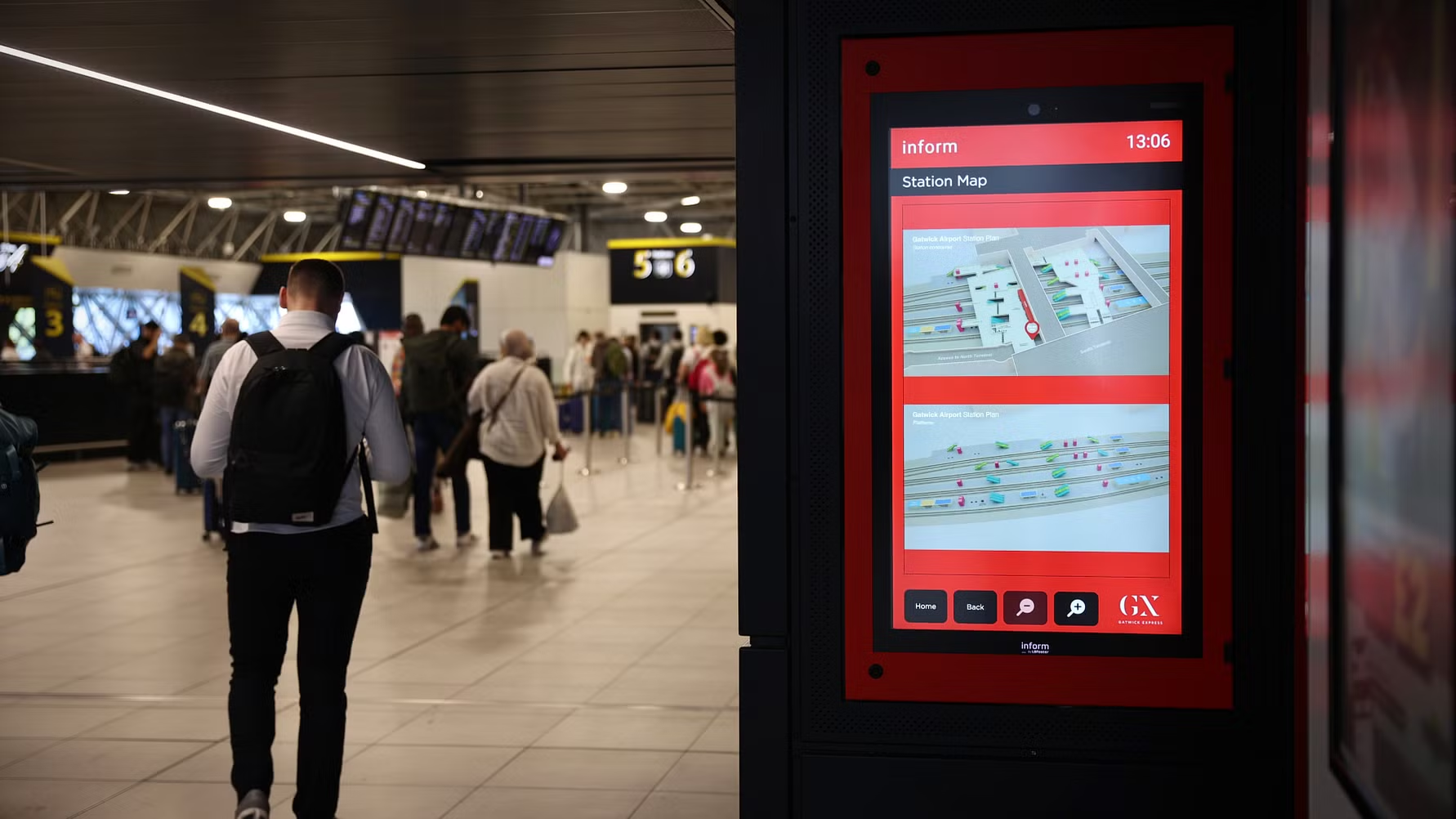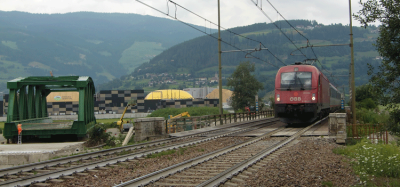Network Rail join industry partners to tackle UK rail freight delays and safety risks
Posted: 9 May 2022 | Elliot Robinson (Editorial Assistant - Global Railway Review) | No comments yet
Network Rail will join freight operators and the RSSB to tackle delays and safety risks in a boost for the UK’s rail freight sector.


Credit: Network Rail
Network Rail has joined with key industry partners to tackle delays and safety risks in a boost for the UK’s freight sector. Data analysis by Network Rail, freight operators and the Rail Safety and Standards Board (RSSB) has shown that most delays on the freight network are due to wagon defects, including various brake faults, wheel faults, decoupling and door faults. If undetected, these defects have the potential to cause delays and safety risks to rail traffic.
The Condition of Freight Vehicles on the Network (CFVN) programme, funded by Network Rail’s £20 million Freight Safety Improvement Portfolio (FSIP), has developed processes for train preparation, wagon maintenance and the important role human factors play in performing safety critical tasks to reduce risk and improve performance across the network.
“This is a sector wide project looking at learning and sharing good practice from across all the freight operating companies in Britain, to find where improvements can be made so we can introduce one common industry standard for the safe preparation of freight trains and vehicles,” David Ethell, Independent Project Manager for the National Freight Safety Group (NFSG), said. “The maintenance of freight wagons to prescribed standards and the safe preparation of trains by qualified and competent staff are fundamental requirements of operating a safe freight railway. By resourcing the CFVN workstream the freight industry can collaborate and build better understanding of the factors impacting this risk.”
“This is very much a collaborative approach being taken by the freight sector,” Marc Binney, Head of Safety for DB Cargo, said. “The project is incorporating all the rail freight operators where we will be looking at things collectively to find what we can do better together as an industry. When I look at the other freight operators, I see that we are all doing some train preparation and processes slightly differently so this project will look at how we can introduce a cohesive industry wide standard.”
Related topics
Cargo, Freight & Heavy-Haul, Operational Performance, Rolling Stock Maintenance, Safety
Related organisations
DB Cargo, National Freight Safety Group (NFSG), Network Rail, Rail Safety and Standards Board (RSSB)








